Since forming in 1970, the Doobie Brothers’ founding members, Tom Johnston and Patrick Simmons, served as the band’s chief songwriters. By the early 1970s, the band hit its stride with Johnston’s “China Grove,” “Long Train Runnin’” and “Listen to the Music,” with Simmons penning the band’s first No. 1 in 1974, “Black Water,” along with Doobie Brothers favorites including “Wheels of Fortune,” ”South City Midnight Lady,” “Echoes of Love,” and “Dependin’ On You.”
After a brief stint in Steely Dan from 1973 through ’74, Michael McDonald joined the Doobie Brothers in 1975, adding another dimension to the band’s blend of sounds. McDonald first appeared on Takin’ It to the Streets (1976) and remained in the band through their ninth album, One Step Closer, in 1980 before pursuing a solo career. During his span with the Doobie Brothers, McDonald contributed another batch of hits for the Doobie Brothers, including “What a Fool Believes,” “Takin’ It to the Streets,” “Minute by Minute,” and more.
After Simmons, Johnston, and McFee reuniting with McDonald for the band’s 50th anniversary tour in 2021, they wanted to keep the momentum going and started work on their eleventh album, Walk This Road, released in June 2025. The Doobie Brothers’ first album with McDonald in 45 years, Walk This Road, features songs co-written by all three members along with producer John Shanks, who also worked on the band’s 2021 release Liberté, and special guests including Mavis Staples on the McDonald-penned title track, and Mick Fleetwood, among others.
Throughout their 55-year span, the Doobie Brothers have sold nearly 50 million records worldwide, earned five Top 10 hits, and 16 Top 40 singles. In June 2025, Johnston, Simmons, and McDonald were also inducted into the Songwriters Hall of Fame in June 2025.
American Songwriter recently spoke to Johnston, Simmons, and McDonald about making Walk This Road, writing songs more than five decades later, and why it still feels like they’re 19 when they get back on stage together.
Videos by American Songwriter
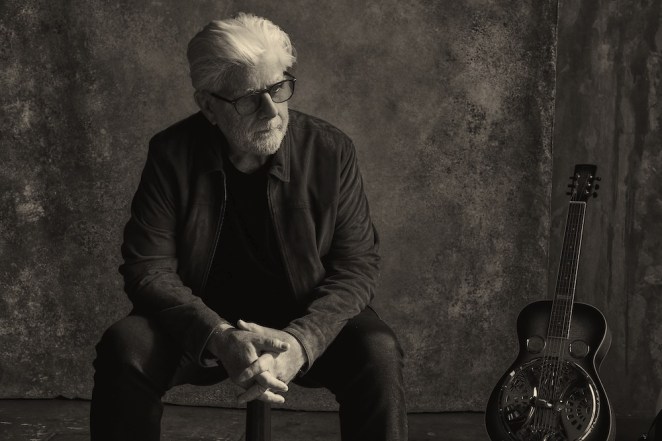
American Songwriter: It’s 50 years since you joined the Doobie Brothers, and through your solo career and back around again with Walk This Road, how has songwriting evolved for you?
Michael McDonald: When I write a song, I look forward to things I’ve heard before, but I always try to stay away from mimicking them musically. I’ve tried writing the lyrics first, sometimes. Then I always used to write the music first, and then write some lyrics that seemed to fit. I’ve tried every kind of conceivable approach to it, that task of writing a song. I’ve written some things on guitar. I’ve written some things on piano. I find it’s like an endless adventure that I keep getting sucked back into. And nobody could be lazier than me when it comes to writing.
I’m not one of those guys who can’t wait to get back in the room and write the next song. I think I’ve probably finished more songs behind the wheel in my car, so I tend to believe in the fact that the song will write itself. I just have to be cognizant at the moment and conscious and present, so that I recognize that that’s what’s happening. If I can, I like to let songs finish themselves in my subconscious.
AS: Was the dynamic different on the new album with the three of you contributing the songs you co-wrote with John Shanks (Walk This Road producer) individually?
MM: It’s a different teacher these days, computer-generated music, and in some ways, it’s got its benefits. It really beats the demo thing when you commit a song to the sequence on a computer. You get to lock in the tempo, and you get to lock in the feel. And you get to lock in with those ideas that you tried to explain to the band later in the old days, but everybody interpreted it in their own way, because it was just you verbally trying to explain something. So now they’re hearing it. So I enjoy being able to present the idea in a very concrete fashion. Then, we all make a point to play on each other’s songs and bring something of ourselves to it.
I also really enjoyed working on everybody’s songs. With the Doobies, one thing I always enjoyed was seeing what the other guys came up with, because it’s fun to work on their tracks. I really enjoyed working on “New Orleans” with Tom and “Angels and Mercy” with Pat, because it calls on me to do things that I probably didn’t do on my tracks, like play a little accordion. When I get to play on their songs live, I get to do things that I’m not going to do with my own songs, in my own show. I never played B3 but I’ve kind of taken on a crash course on it with a band, because I was determined. After all these years that I played with the Doobies, I never played organ, and I always felt, looking back, that I should have stepped up to the plate on that for the band’s sake, a long time ago. So this time around, I was determined to play more organ live with the band and on record.
AS: What would you do differently for a next album?
MM: Honestly, I kind of miss sitting on the floor together. And we’ve talked about. If we do another record, we might try to just sit in a room together and play the tracks we used to in the old days and see what happens, and maybe write together a little more, and conceive the songs apart from the recording process, so that when we go in, we have the stuff that was written by all of us, collectively.
That’s something we all agree we want to try next time. We didn’t get the chance this time. We recorded in a studio where there wasn’t an environment we could do that in a small control room, a lot of different stations to work from for an individual, but not anywhere really set up as a band and record.
AS: It sounds like you still have more to do with the Doobie Brothers.
MM: It’s a renewed excitement for us. We’re undoubtedly at a point in life where we think about touring and the thought of getting up in a bunk on a bus when we’re 85. Still, when we get up there and play, it’s like we’re 19 again. So we’re hanging on to that.
It was the most important chapter for me, being in the Doobie Brothers, and playing with Tom and Pat and John [McFee] and all the other guys that were in the band at the time, like Jeff Baxter, who got me the job. I’ve enjoyed being a solo artist, too, and in some ways, fate dealt me that chapter, and I’m glad it did. Still, when I think about my career overall, the first place I go to is being a Doobie Brother.
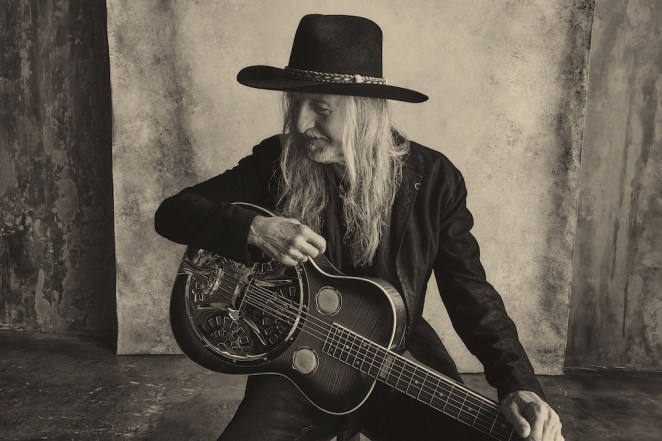
AS: Writing for the band since its debut, The Doobie Brothers (1971), how has that process changed for you throughout the past 55 years?
Patrick Simmons: I’ve evolved so much. My initial efforts at songwriting were pretty sophomoric. I was a folk singer, in a way, so most of the songs I learned growing up as a kid were two or three chords, and they were more simplistic. And there’s nothing wrong with that. The American Songbook is full of those songs, and they’re classics, but to push the boundaries a little further. … it’s such a turn-on to discover new ways of expressing yourself, and listening to other songwriters is how I’ve evolved my efforts.
Tom Johnston and Mike McDonald, for sure, have been a huge influence on me, and I’ve always loved Steely Dan’s Donald [Fagen] and Walter [Becker]. And the Beatles, of course, influenced me as a songwriter. To have that idea of a basic song that you put together, then being able to create surprising twists within the arrangement to propel the song to other levels as you go along … that’s something I discovered, fairly early, in my 20s. I finally began to see that and understand it, but it takes a while to see the possibilities, and I think I’m still working it out, but I know that I love the process because it’s fun.
For every song I’ve written, I’ve probably got 20 others I’ve attempted to write that never saw the light of day. So it’s a process. It’s something you do that you have to do for the sake of it, the enjoyment of it, as much as the result. Sometimes you just sit down and write a song all the way through, and arguably, those are the best songs because they’re all one complete thought. But most of the songs that I’ve written are bits and pieces that I’ve carried with me for a while, till they finally found that place they needed to come together.
I don’t think there’s any one way of writing a song. Some of my most satisfying tunes I’ve written with our old producer, Ted Templeman.
AS: Do you have a favorite song you’ve written with Templeman?
PS: There’s a song I wrote called “Far From Home” (from World Gone Crazy, 2010). When we wrote that, I got the riff and flushed it out a little more myself, then played it for him. Then Ted came up with the initial lyric, and we wrote it from there. So that song took on its own life over a period of a few months.
AS: When do you know a song is ready?
PS: I want it to be the right lyric linked with the right arrangement, not the complete arrangement necessarily, but I like to have a bit of a framework to hang everything on. If I get that, then I feel more comfortable forging ahead. If I don’t have that, I feel like I’m searching in the dark. That’s just my method. And I don’t think that’s true for everyone. Some people they’re great songwriters. They just sit down and write a song, and it’s a great song. People like Paul Williams, Paul Simon … Paul McCartney—they know where they’re going.
AS: So all the “Pauls,” basically?
PS: (laughs) Yes, all the Pauls.
AS: Is there more to come from the Doobie Brothers after Walk This Road?
PS: We enjoyed doing it, and we enjoy doing it so much that we want to do it again. Sometimes people get done with the record and say, “I’m never doing that again.” I don’t think we feel that way. I think we feel like, “Hey, we’re still having fun, and we’re still coming up with some good ideas. And you know what? What are we going to do in the future? How are we going to approach the next one? Are we going to do it differently?” All of the above. You’re always searching for a different way.
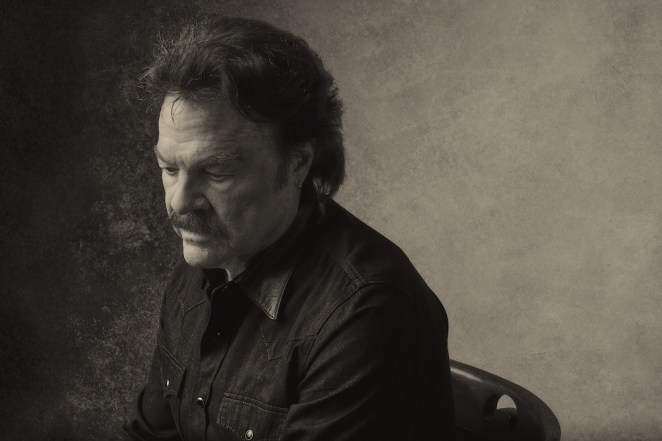
AS: Were there any key moments where you noticed the shift in how you approached songwriting?
Tom Johnston: I’ve written songs on guitar and piano. You get a rough idea of something, and you get a feel for the rhythm, and for me, that’s huge. Then, some of the lyrics they write themselves. You don’t have to struggle. The song “World Gone Crazy” is a good example of that. “Listen to the Music” is a good example of that, and “Long Train Runnin’.” For that one, I wrote the words in the bathroom at Amigo Studios. Then, 20 minutes later, I had the lyrics and laid them down.
“World Gone Crazy” was written on a keyboard, and the biggest change in that particular era, from 2005, 2006 and the late 2000s, was writing with digital audio workstations. So you can sit there through MIDI and put down keyboards, bass, guitar, vocals, lay down horns, so the ideas are there, and that frees you up to do a lot of stuff. It really opened a lot of palates.
AS: Personal or not, where do you find the lyrics are coming from now?
TJ: When I was in my 20s, I didn’t feel the pressure to produce anything in particular. You just did whatever you wanted, and you did it for fun. I wrote songs because I enjoyed it. It’s much better to write with that headspace. That’s when songs just come out of the blue and write themselves. Those are the magic tunes, usually for me anyway.
I write the rhythm and the chord changes; that’s where I get my lyrics. My brain doesn’t comprehend how you can start with words. I’ve just always been music first, lyrics second. Then there are those periods where you have nothing coming up, and you can write chord changes until you’re blue in the face. Getting a melody to go with lyrics that fit in, sometimes that just doesn’t come.
AS: How was Walk This Road different from previous Doobie Brothers albums?
TJ: Each guy went into the songs with John, and it was a whole new thing for us. This time we had Mike [McDonald] with us, and he really added a lot to the album, so you’ve got all the styles more or less that the band ever encompassed that people are aware of, but they were all done individually, except for “Lahaina,” which was written by Pat and Michael.
AS: It’s now 55 years since the Doobie Brothers formed. How does that compute for you?
TJ: It’s kind of magical in its own way. We’re allowed to keep doing this because there’s a response from folks who like both the recordings and the live shows, and that’s your sphere of activity. And it’s so fun. I still enjoy playing, and I think everybody does. I think Mike does, Pat does, and John McFee.
Why quit? You’re still having a good time. You’re making people happy, and that, now more than ever, is really important.
Photo: Clay Patrick McBride

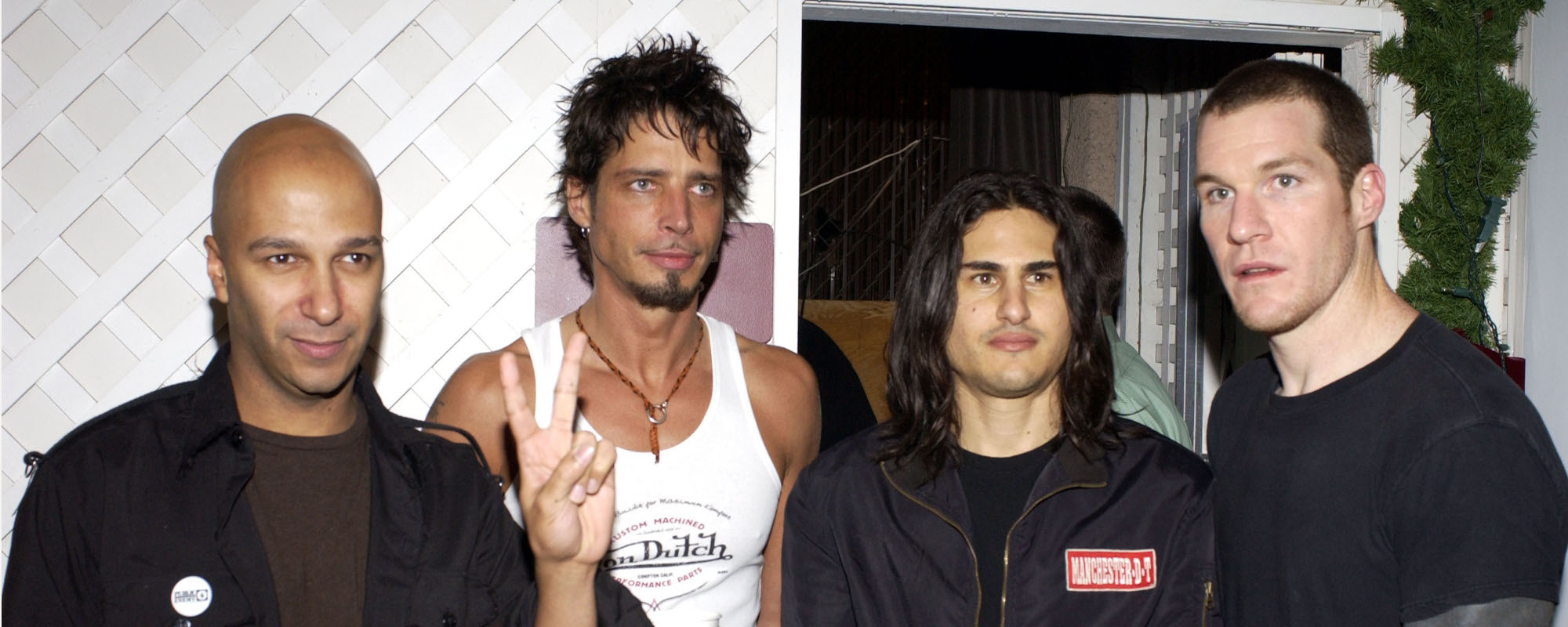
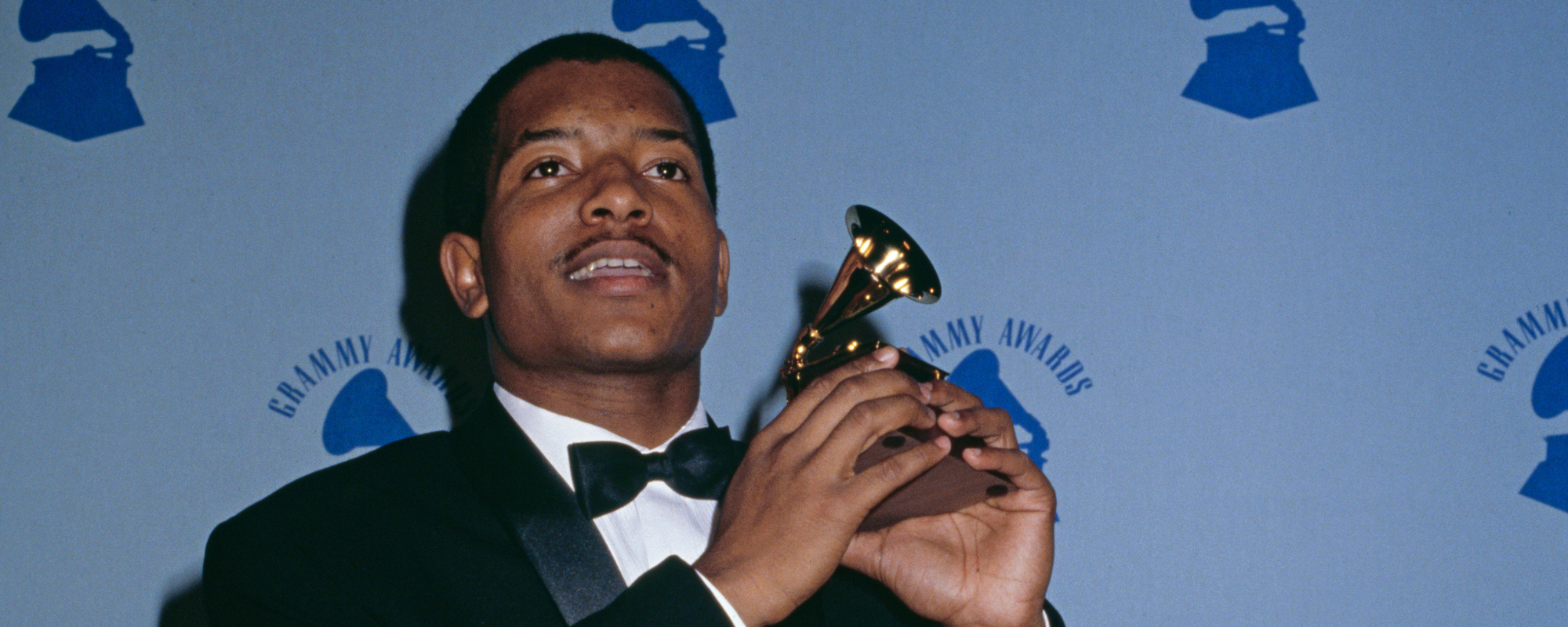

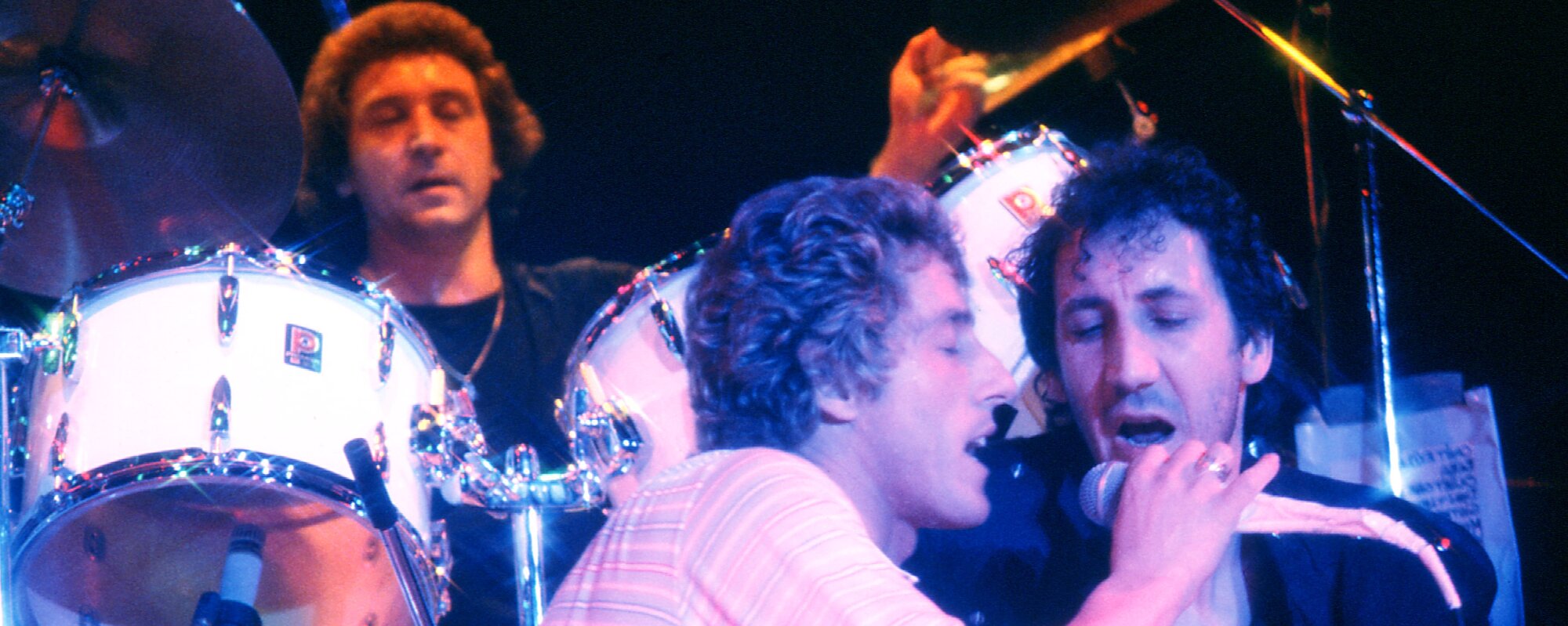
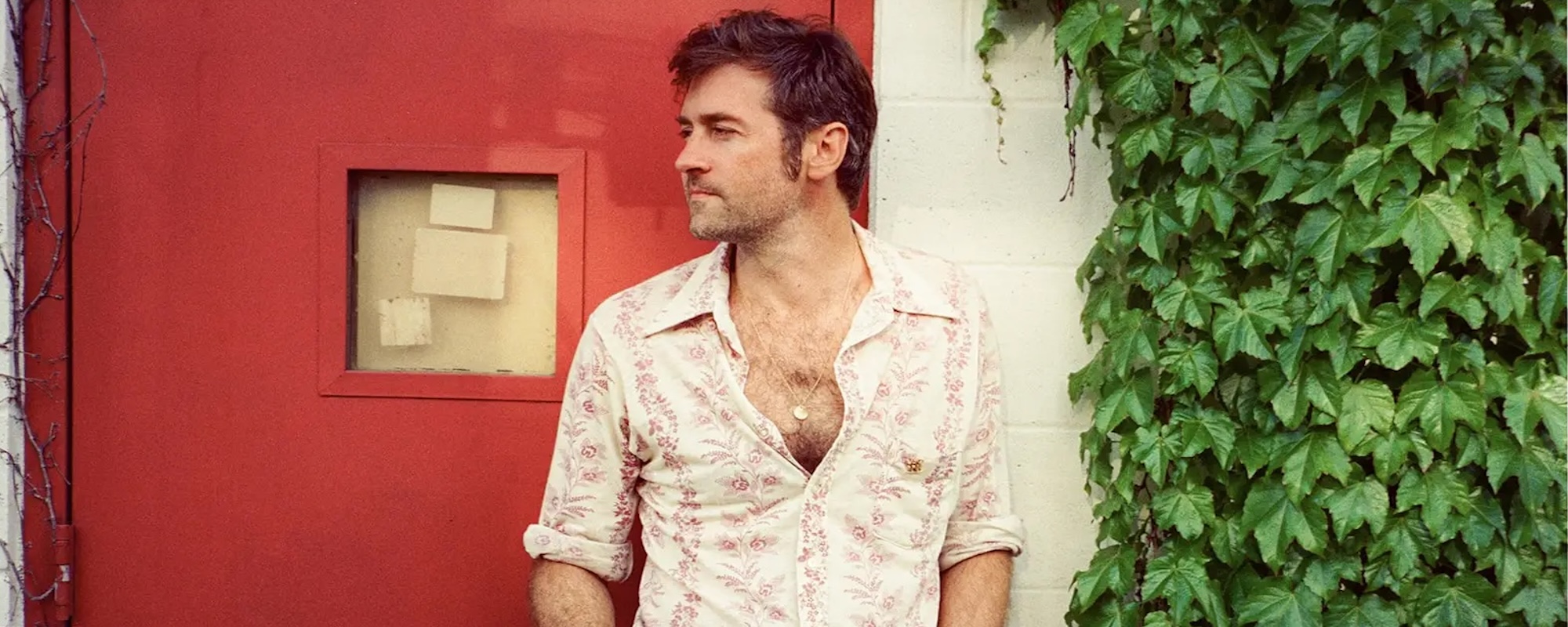
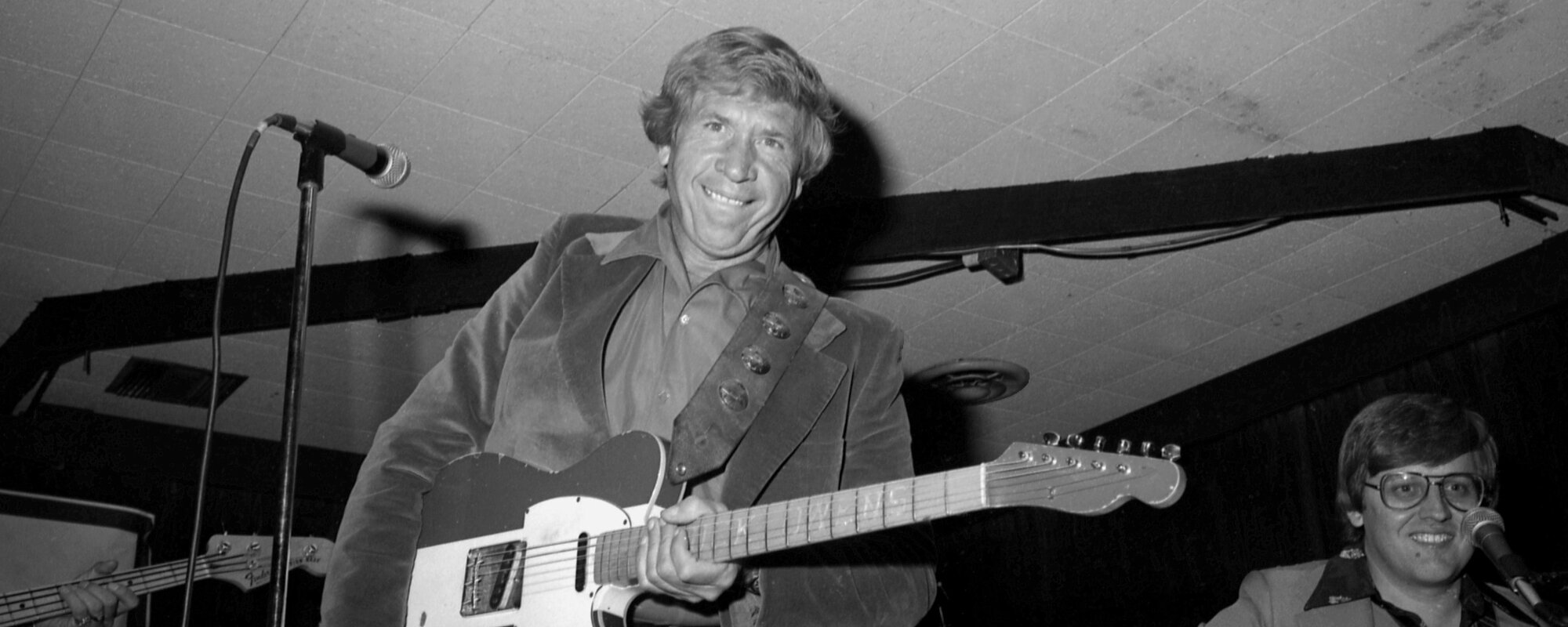

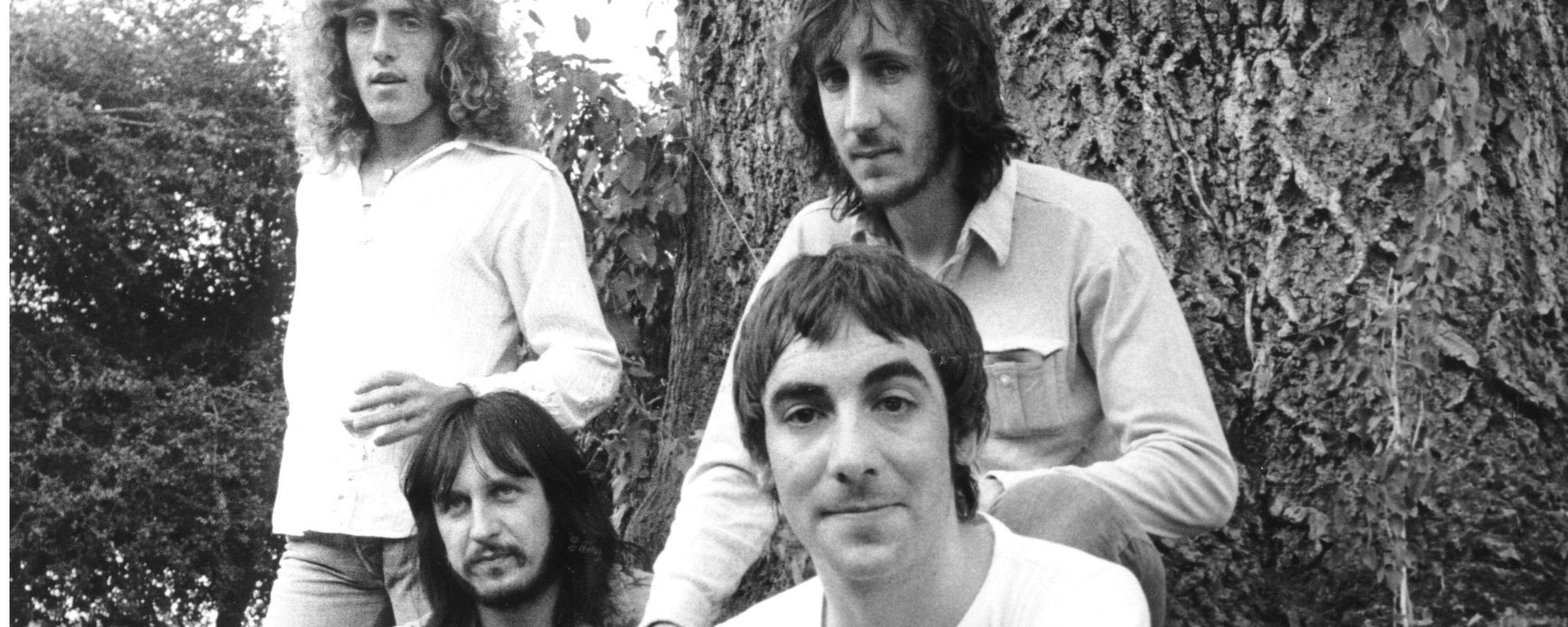
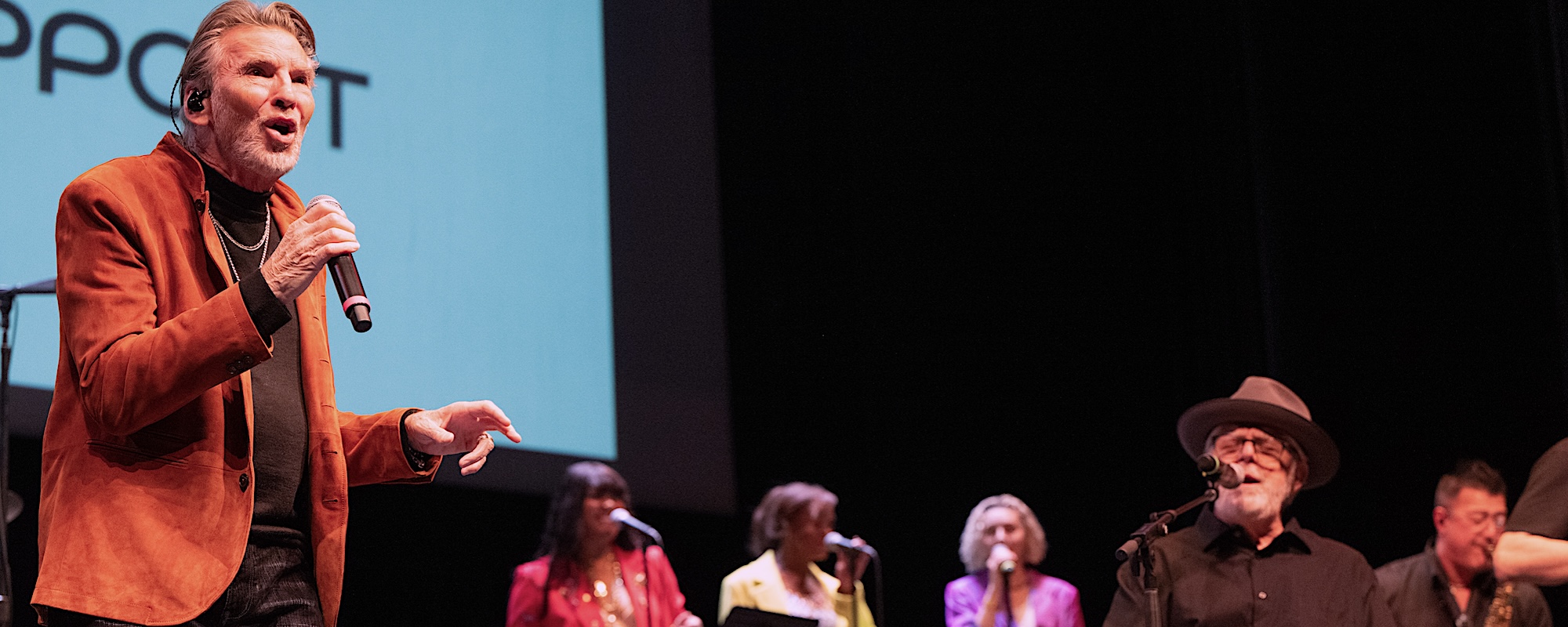
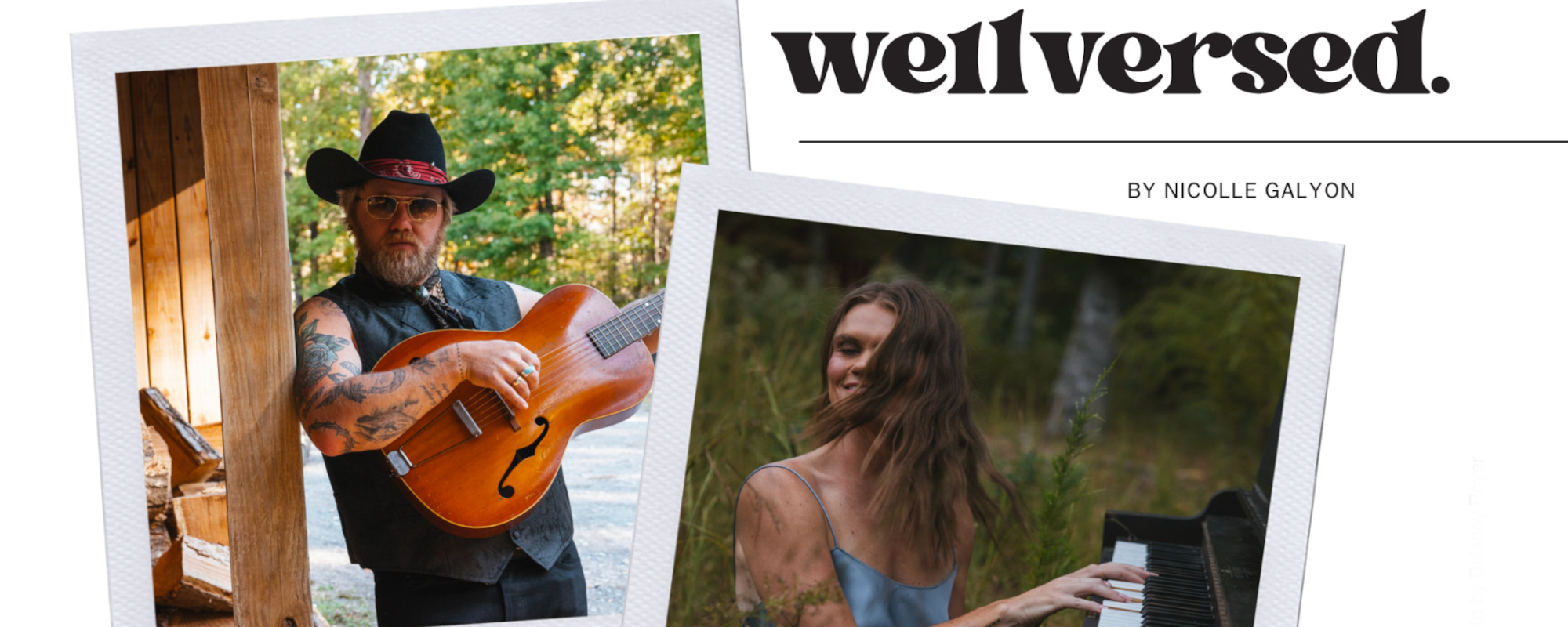
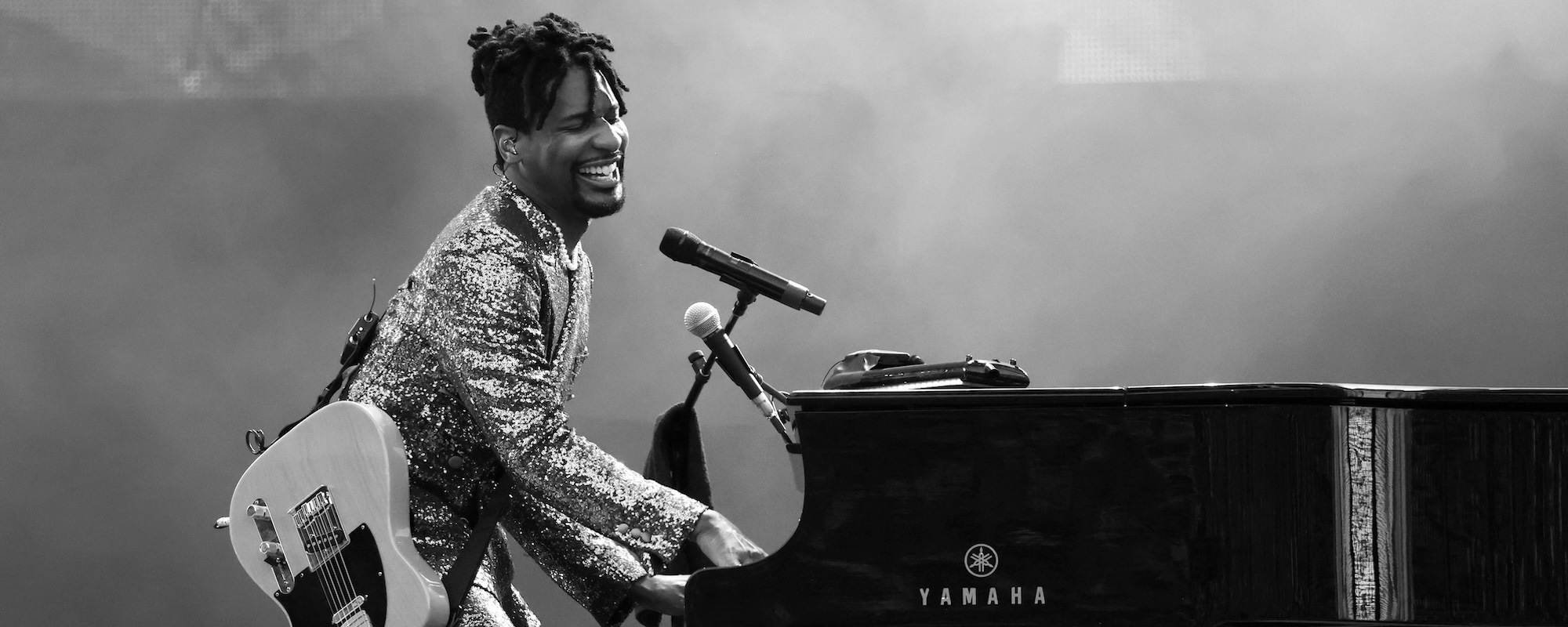
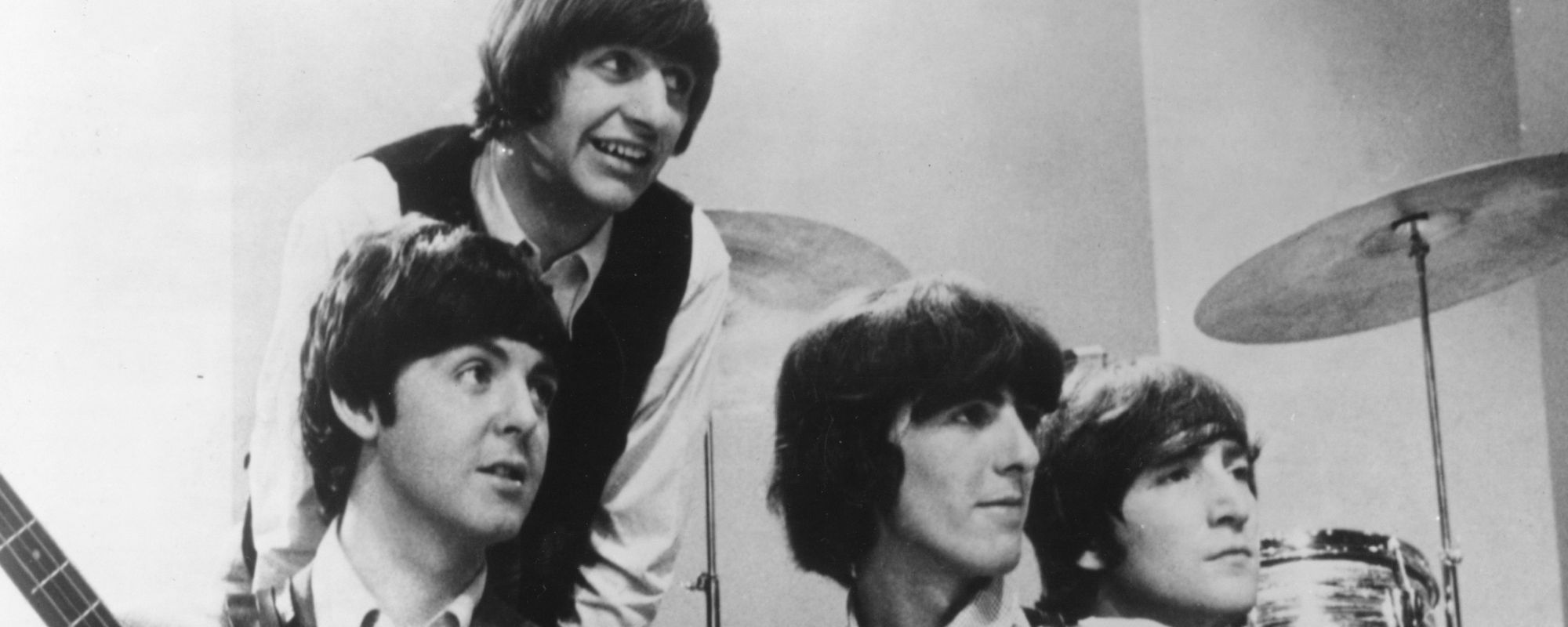
Leave a Reply
Only members can comment. Become a member. Already a member? Log in.